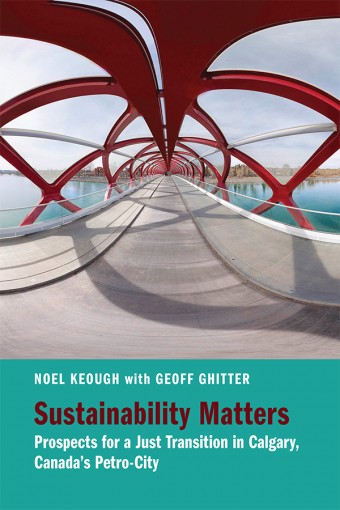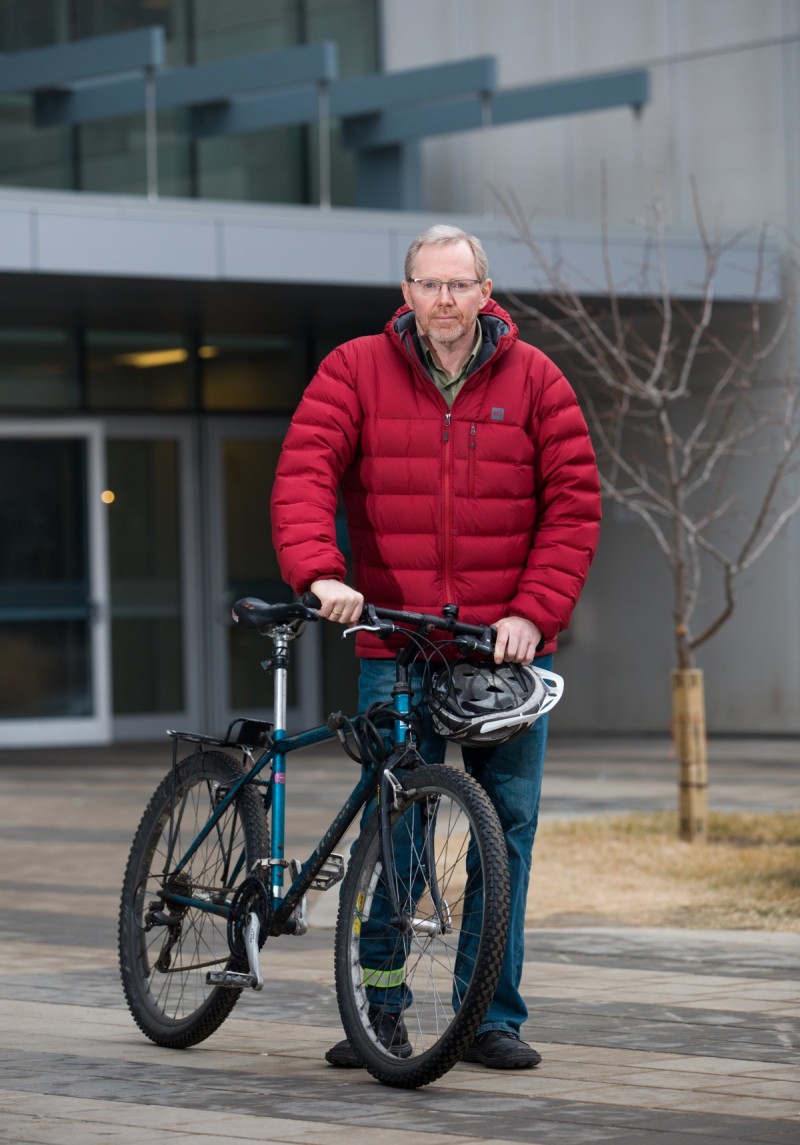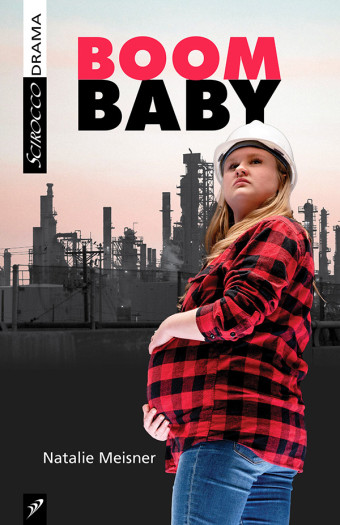Worldwide recognition of climate change highlights the need for economic, social, and environmental sustainability. It is within this context that Noel Keough wrote Sustainability Matters: Prospects for a Just Transition in Calgary, Canada’s Petro-City with Geoff Ghitter, using Calgary as a microcosm of global issues.
Following introductory chapters that provide some background – explaining the idea of “sustainable development” and giving a history of Calgary – the book includes brief, potent essays organized into overlapping sections that address complex issues of suburban sprawl, governance and control, transportation, culture and attitudes, economy, energy resources, and social equity and diversity.

- Sustainability Matters
- Noel Keough, Geoff Ghitter (Co-author)
- University of Calgary Press
- $34.99 Paperback, 256 pages
- ISBN: 978-17-73852-48-5
The book describes how, for the past 30 years, the city of Calgary has struggled with the concepts of sustainability and development. Urban development has been seized by the city elites – “business leaders, land and real estate developers, and politicians” – throughout the city’s history.
Suburban sprawl, one of the key issues addressed, is inherently unsustainable and unhealthy, leading to overconsumption through the overuse of automobiles, among other problems. For the University of Calgary professor of environmental design, education of Calgarians is key.
“It is not a matter of convincing suburbanites to move or give up their homes,” Keough says. “What we need is to diversify [existing] suburbs. [It] is absolutely essential that we convince those suburbanites, developers, and all Calgarians that we cannot afford, ecologically, socially, or fiscally to continue to build suburbs. So far it is hard to see much success with new suburbs being approved at a rapid rate in contravention of existing policy.”
The book addresses the growing income inequality in Calgary, Canada, and the world, and how it coincides with decreasing urban sustainability. Rather than improving quality of life, strong economic growth has coincided with “stagnating well-being, longer hours of work, decreased leisure, less time with family, and a deteriorating environment.”
The scholar-activist does not only point out problems, but also offers solutions, such as responsible urban planning for high density living, emphasizing a social economy over capitalism, and diversifying the energy sector to develop solar and wind resources. Such an economy, “built for everyone, designed for the future and for a city that knows how much is enough” is not unrealistic, but requires considerable political will.

Keough admits that changing the mindset of Calgarians is not easy. He says, “We are only just beginning to make room in the conversation for no-growth or de-growth strategies, which I see as absolutely prerequisite for a sustainable future.” A “radical new strategic thrust in Calgary, one that transitions us to a no-growth world, gets serious about climate change, fosters greater economic equality, and is a catalyst for a post–fossil fuel future” is what is needed.
In spite of the challenges faced, Keough is still almost optimistic.
“I am always hopeful,” he says. “Optimistic, well, it is hard to be optimistic given our history. Yet, where I do find optimism is in the fact that Calgary is changing rapidly.
“There is a great phrase I learned in Latin America – acompanimiento. It means that those with power and knowledge offer it in service of the community. In Calgary we need those now on the commanding heights to come down and accompany a new generation to the top.”













